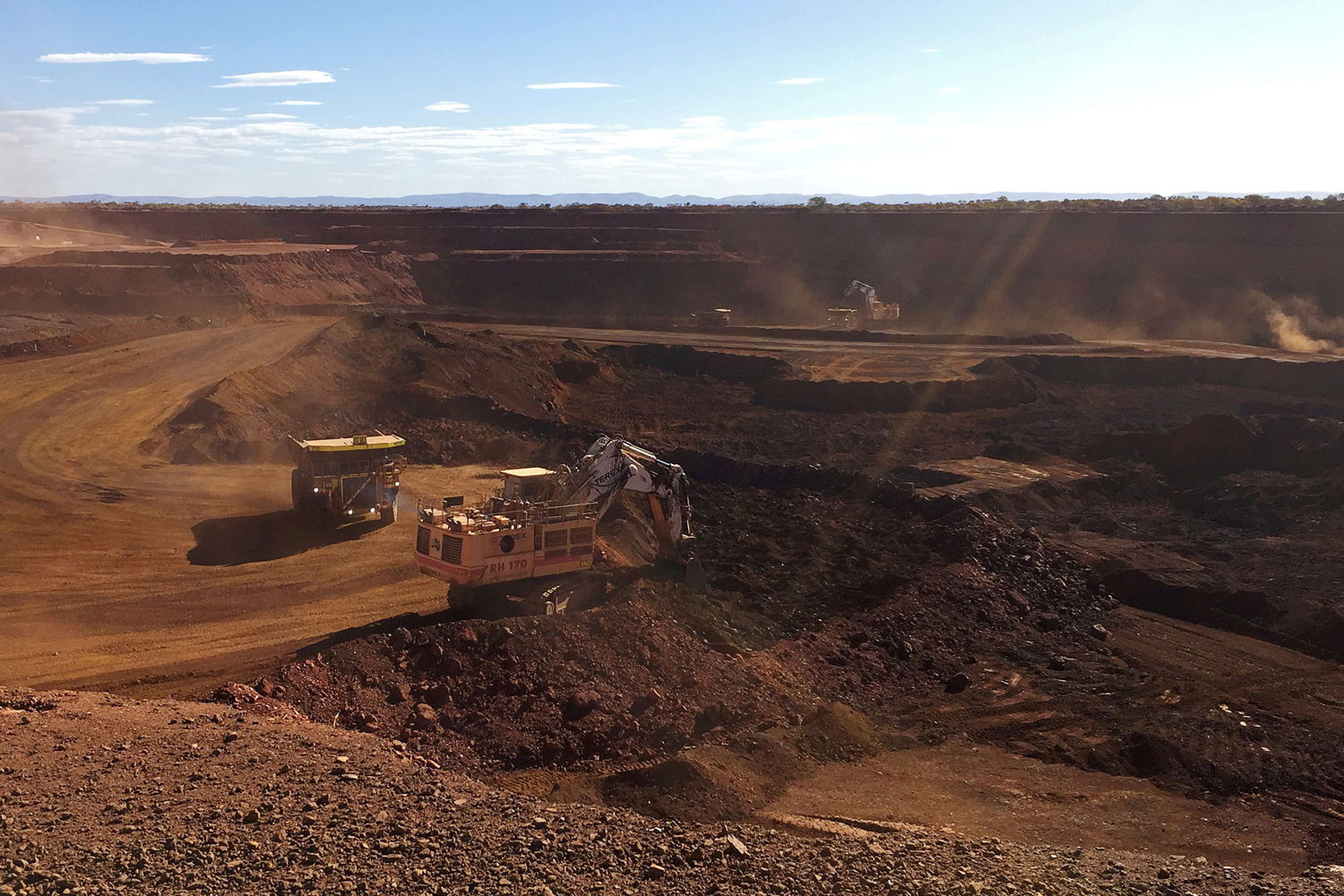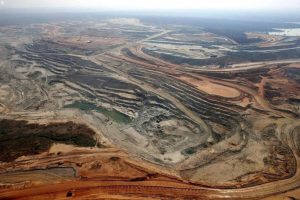Iron ore falls as China renews its attempts to contain prices and combat speculative positions across commodity markets.
(AF) Iron ore futures fell on Monday June 21 as the Chinese authorities launched an investigation into the spot market, after prices had remained high despite recent regulatory warnings against hoarding and speculation.
China is mounting an ambitious attempt to contain prices across multiple key commodity markets, including copper and other base metals, along with agricultural commodities.
This push is running up against global supply and demand trends that have driven a sharp rise in many commodities so far this year.
The most traded September iron ore futures contract on China’s Dalian Commodity Exchange ended almost 9% lower at 1,121 yuan ($173) a tonne, after earlier hitting 1,118.50 yuan, its weakest since June 8.
The most active July contract on the Singapore Exchange (SGX) fell roughly 6% to $195 a tonne, also the lowest level since June 8.
China’s National Development and Reform Commission (NDRC), and the State Administration for Market Regulation pledged to “strictly punish and disclose” market irregularities such as hyping prices and hoarding.
The NDRC said last week that new rules on the management of price indexes for commodities will become effective on August 1 and will standardise index compilation and transparency of information.
During a visit to the Beijing Iron Ore Trading Centre Corporation (COREX), the NDRC and the State Administration for Market Regulation surveyed iron ore transactions and price changes this year, the state planner said in a statement.
Transactions on iron ore platforms such as COREX, done via broker screens, are used by index providers for their price assessments.
Some of the indexes are then used to settle physical trades of commodities or to settle derivatives deals on exchanges.
The NDRC announced on Friday that an investigation has been launched into coal prices, as China takes steps to tamp down commodity prices across markets.
The regulators on Monday also discussed ensuring supply and stability of prices of commodities such as iron ore, according to the statement.
“Iron ore prices have risen significantly and remain high, putting pressure on production and operation at mid- and downstream companies,” said the statement, citing a meeting held by the authorities.
The fall in benchmark iron ore futures on the Dalian Commodity Exchange of 9% on Monday only served to narrow their gains to 30% so far in 2021.
The regulators said China would closely monitor spot trading prices and investigate malicious speculation in a timely manner.
Spot prices had held ground above $200 a tonne over the past three weeks, despite government efforts to rein in commodity inflation and combat the speculative trading that helped propel iron ore to a record peak above $230 last month.
Both the Dalian and SGX benchmarks were already under pressure when trading began on Monday, as sentiment was hit by a seasonal slowdown in construction activity in China, which is both the top global steel producer and consumer.
Steel futures also fell, with rebar on the Shanghai Futures Exchange down 4.2%. Hot rolled coil fell 4.3%, while stainless steel slipped 0.6%.
Dalian coking coal slid 4.2% and coke fell 5.4%, after seven straight sessions of gains, as the coal market has come under similar government scrutiny.
Copper prices are also at a two-month low after China released inventory from a strategic stockpile and warned state firms to reduce their exposure to foreign commodities markets.
But the global copper market – which is often referred to as Doctor Copper for its supposed ability to predict major economic trends – is much bigger and more liquid than some other sectors where China is trying to contain commodity prices.
This leaves many analysts unconvinced that China will be able to have anything other than a short-term impact on prices.























